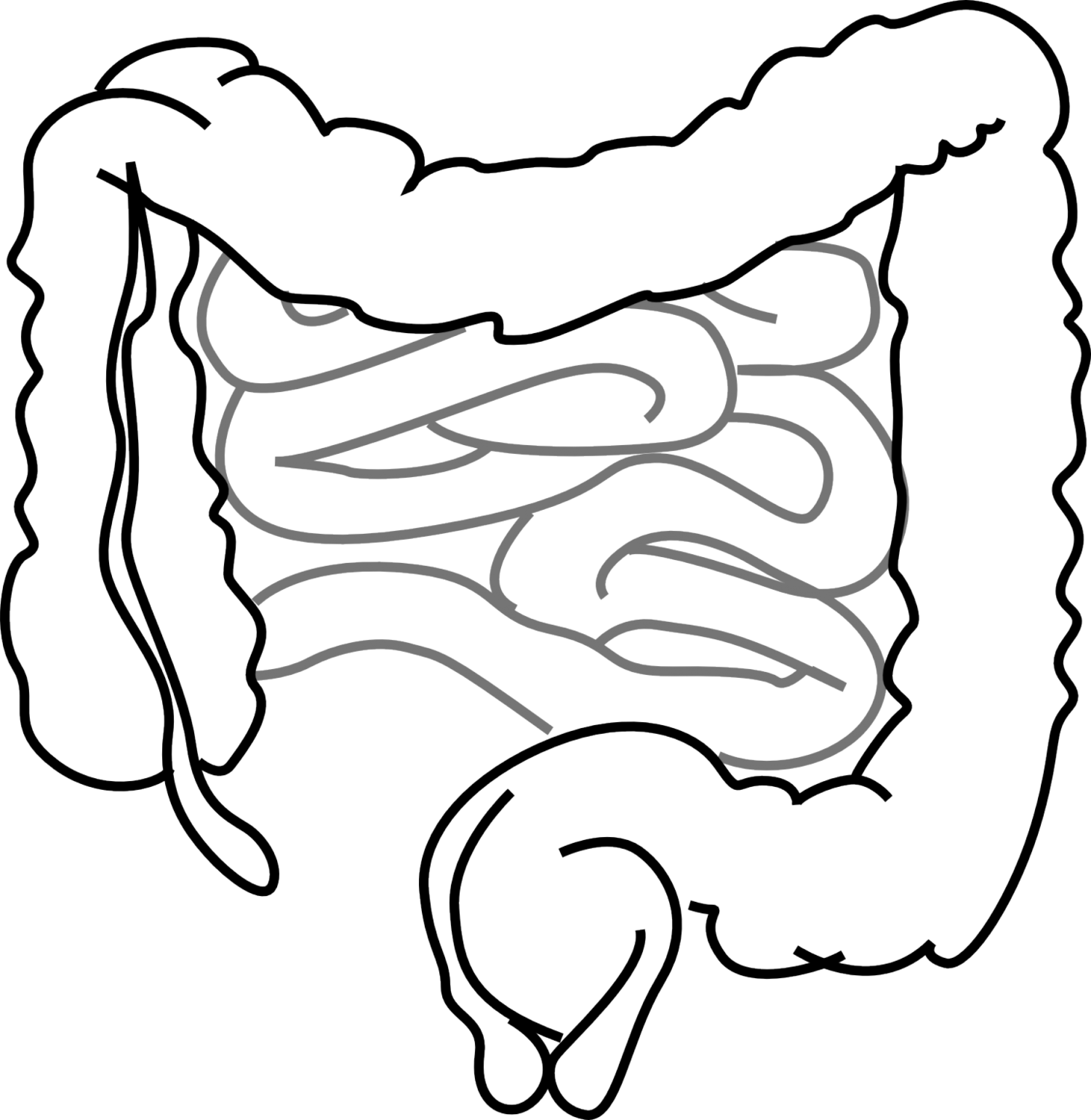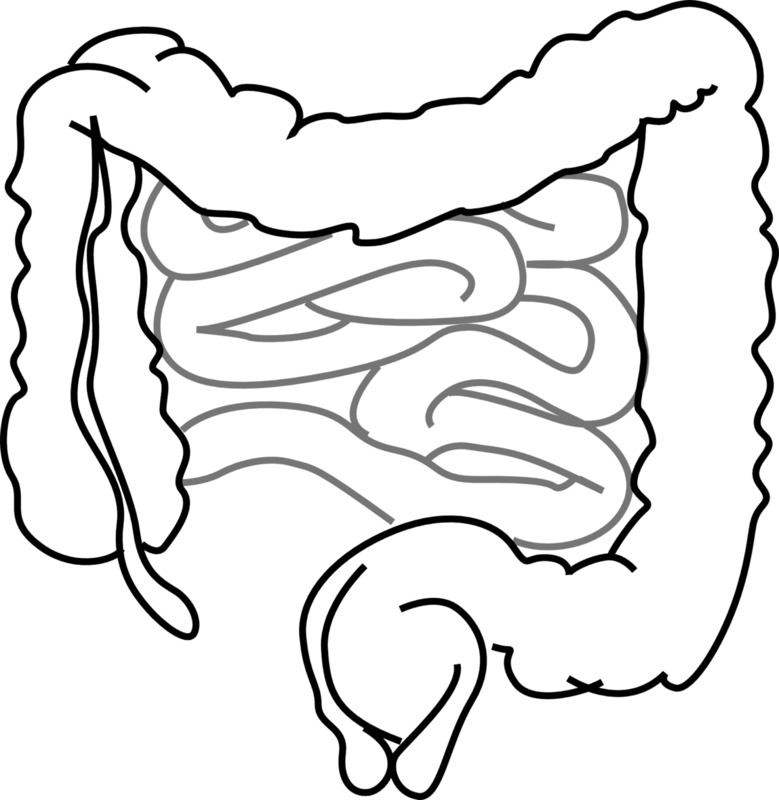
- 2020-10-19
- 0.0 Reitingas
- 668 Peržiūrų
- Aptarti
Researchers from the University of Vermont (UVM) have found that a bacterial species called Lactobacillus reuteri, commonly used in probiotics, can increase disease severity in a mouse model of multiple sclerosis (MS), an autoimmune disease that is the leading cause of non-traumatic neurological disability in young adults. But don't throw away your yogurt just yet.
Recent evidence suggests that the gut microbiome modulates risk of MS, but the specific bacterial species, and the role of host genetics, have not been clear. In many chronic diseases, scientists have found that the state of the gut microbiome is altered, which raised the possibility that restoring balance in the gut microbiome could treat or even prevent disease, and has further spurred the popularity of probiotic products, typically consisting of live bacteria with putative health benefits; presumably to "seed" or "restore" the gut microbiome.
The findings, published in the journal Proceedings of the National Academy of Sciences, highlight that complex interactions between host genetics and environmental factors drive susceptibility to multiple sclerosis, and suggest that antibiotic or probiotic strategies to prevent or treat multiple sclerosis should take into account host genetics, the pre-existing gut microbiome, and the timing or mode of the intervention.
"Our gut bacteria are part of a complex ecosystem that holds great potential for the prevention, treatment, and/or diagnosis of chronic diseases. However, many scientists have been going at it with a one-size-fits-all approach, and our research suggests that this is unlikely to work," said Dimitry Krementsov, who led the study. "Instead, a more personalized approach is needed."
Krementsov, assistant professor in the Department of Biomedical and Health Sciences at UVM, and researchers modulated the gut microbiomes of genetically diverse mice with high or low susceptibility to experimental autoimmune encephalomyelitis (EAE), a common animal model for multiple sclerosis. In order to determine which features of these microbiomes conferred higher susceptibility to MS-like disease, the researchers isolated different bacterial species from the complex mix and transferred them to new mice, one at a time.
The findings were surprising: one of the culprits identified was Lactobacillus reuteri, a normal commensal resident of the human and mouse gut that is also a widely used probiotic. This seemed to pinpoint this bacterium as the "bad guy," but the researchers also noted that this bacterium originally came from a genetically distinct mouse host that was normally resistant to MS-like disease. Hence, this suggests that the genetics of the host determines whether a particular microbiome state is "good" or "bad." The results of the study raise a critical question: are probiotics generally good or bad? The findings suggest that the answer is most likely dependent on the context, particularly on the individual who is receiving the probiotic.
The study authors point out caveats: they were not studying probiotics per se, but rather studying how normal commensal bacteria interact with the host. Probiotic bacteria are typically grown in a lab or food production facility and taken orally in massive daily doses. These probiotic bacteria are also genetically very distinct from their commensal counterparts, and the authors are currently exploring this possibility. Additionally, what is "bad" for an autoimmune disease like MS may actually be "good" in other contexts, like stronger immune response against infection. There are numerous examples of genes that promote "good" immune responses against infection or vaccination, but which in turn also result in a higher risk of autoimmune disease. Finally, other scientists have used high dose daily treatment with probiotic strains of Lactobacillus to reduce MS-like disease in mice, although recent studies show that the probiotic bacteria do not even need to be alive for this to work.
Thus, the answer is, probiotics may be good or bad, depending on the context. The next step is figuring out what this "context" actually is.
- by University of Vermont
- Credit: CC0 Public Domain
...kadangi jau perskaitėte šį straipsnį iki pabaigos, prašome Jus prisidėti prie šio darbo. Skaitykite „Paranormal.lt“ ir toliau, skirdami kad ir nedidelę paramos sumą. Paremti galite Paypal arba SMS. Kaip tai padaryti? Iš anksto dėkojame už paramą! Nepamirškite pasidalinti patikusiais tekstais su savo draugais ir pažįstamais.
Turite savo nuomone, tapk autoriumi, prisijunk ir rašykite bloge. Dalinkitės receptais, sveikatos patarimais, nutikimais, susidūrėte su nekasdieniškais reiškiniais. Galite išversti iš užsienio kalbos, talpinkite su nuoroda. Laukiame Jūsų straipsnių, naujienų, apžvalgų ar istorijų!
Susijusios naujienos
Būkite pirmi, kurie pasidalins savo nuomonėmis su kitais.
Skaityti daugiau
Skaityti daugiau
Skaityti daugiau
Skaityti daugiau
Skaityti daugiau
Skaityti daugiau
Skaityti daugiau

